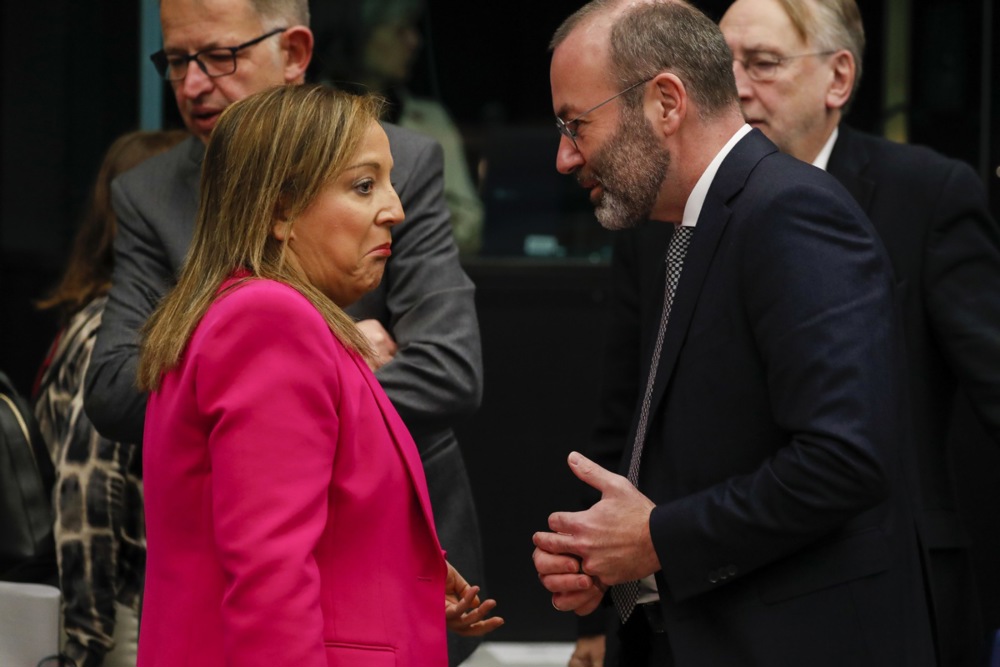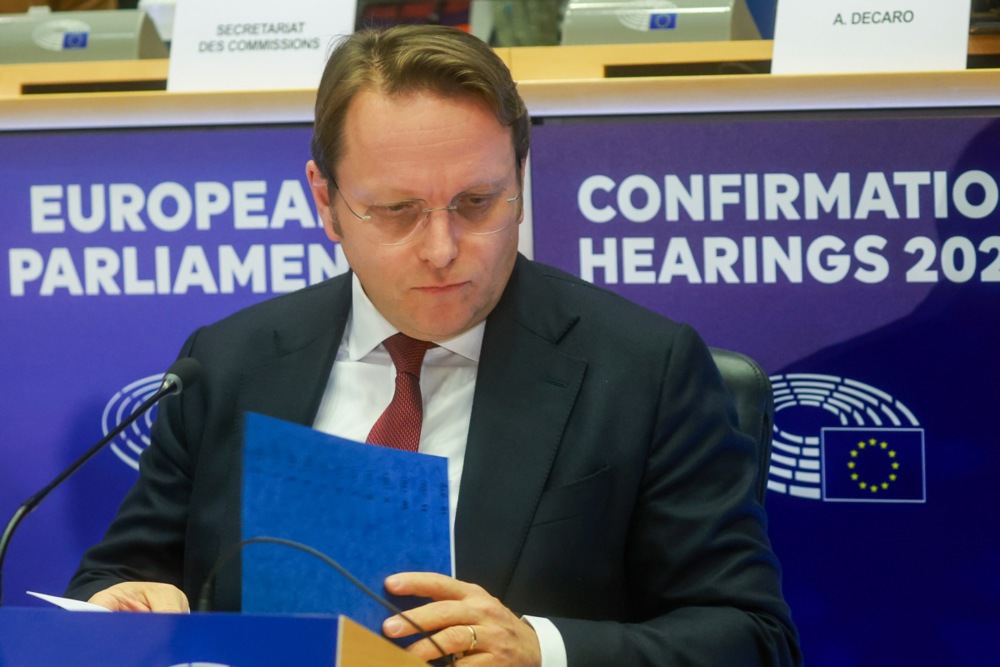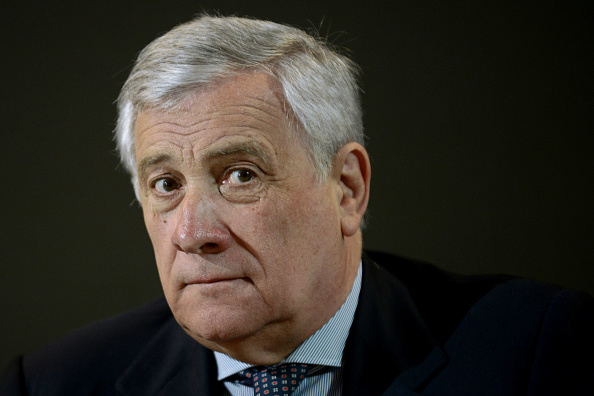The traditional European Parliament power bloc of the European People’s Party (EPP), Socialists (S&D) and Liberals (Renew) have struck a deal on approving the second European Commission under President Ursula von der Leyen.
Included in the agreement of November 27 was a coalition deal between the three groups, which they have called “Platform Co-operation”.
It appeared to be a promise to uphold a series of so-called “European values” and prior agreements, mainly serving as a sweetener to approve Commissioners disliked by the Left.
The deal secured support on the seven proposed Commissioners, including Spain’s Teresa Ribera, Italy’s Raffaele Fitto and Hungary’s Olivér Várhelyi, whose elections have been in doubt.
Most of the platform consists of a plethora of buzzwords connected to the programme von der Leyen had laid out for her second term, aimed at concealing growing disunity within parties that have traditionally held power in Europe.
Her new Commission was green-lighted on November 27 with the lowest majority in commission history, with 370 votes in favour, 282 against and 36 abstentions.
In 2019, von der Leyen had secured 461 votes in favour. In 1999, former commission president Romano Prodi had managed 510.
The text of the deal called for working together to strengthen the European Union, to continue building a union based on shared values set out in Article 2 of the Treaty of the Charter of Fundamental Rights, to have a pro-Ukraine stand and a pro-European approach.
It committed to a follow-up on the Draghi report addressing competitiveness and the Letta report on the future of the Single Market, to adopt a New Industrial Deal, accelerate decarbonisation, develop fair trade agreements and circular economy tools and to adhere to the Green Deal.
Other points of the agreement were pledges to boost European defence, a common border policy, full implementation of the EU’s Pact on Migration and Asylum, upholding Europe’s social model, protecting Europe’s natural resources ensuring quality food and food security and a level playing field for farmers and fishers.
Today, at the initiative of @RenewEurope, all three centrist political forces in the European Parliament have reached a fresh platform cooperation agreement.
This lays the foundations for a united and determined pro-European coalition roadmap. pic.twitter.com/SulhtMYMsY
— Valérie Hayer (@ValerieHayer) November 20, 2024
While the text was meant to radiate unity among the establishment parties who like to paint themselves as democratic and pro-European and implying other parties are less so, it did not appear to be particularly binding, nor did it say much about co-operating with other parties.
Earlier, Socialists and Liberals had been angry about the EPP working together with parties on the Right in what has been called “the Venezuelan majority”.
That refers to a recent political alignment among right-wing factions that has emerged to support the recognition of Edmundo González Urrutia as the legitimate president of Venezuela.
This coalition primarily consists of the EPP, the European Conservatives and Reformists (ECR), Patriots for Europe and other hard-right groups, which have started to collaborate more closely than in previous legislative sessions.
Traditionally, establishment parties tended to push out the ECR, while the Left had earlier opposed the ECR’s Italian nominee Raffaele Fitto to be vice-president in the Commission. The “Platform Agreement” did mention them, not exclude them, despite Socialists and Liberals having asked for just that.
Unlike Renew and the Socialists, the EPP did not appear to be especially vocal about the agreement and instead preferred focusing on the instalment of the new commission under its own member von der Leyen.
Previously, the establishment parties had tended to agree with each other, often with the support of the Greens, to enact policies but since the rightward shift in the latest European Parliament elections in June, that has changed.
As it stands, the parliament is set to operate with the EPP shifting Left or Right depending on the issue involved. This will likely make the EU more focused on diplomacy and balance than before, observers have said.
Von der Leyen and her new commission will come into office from December 1.
European Commission President Ursula von der Leyen has hired a former top politician within the Greens/EFA group in the European Parliament to advise her on climate matters. https://t.co/S0NgonW8Jv
— Brussels Signal (@brusselssignal) November 26, 2024





